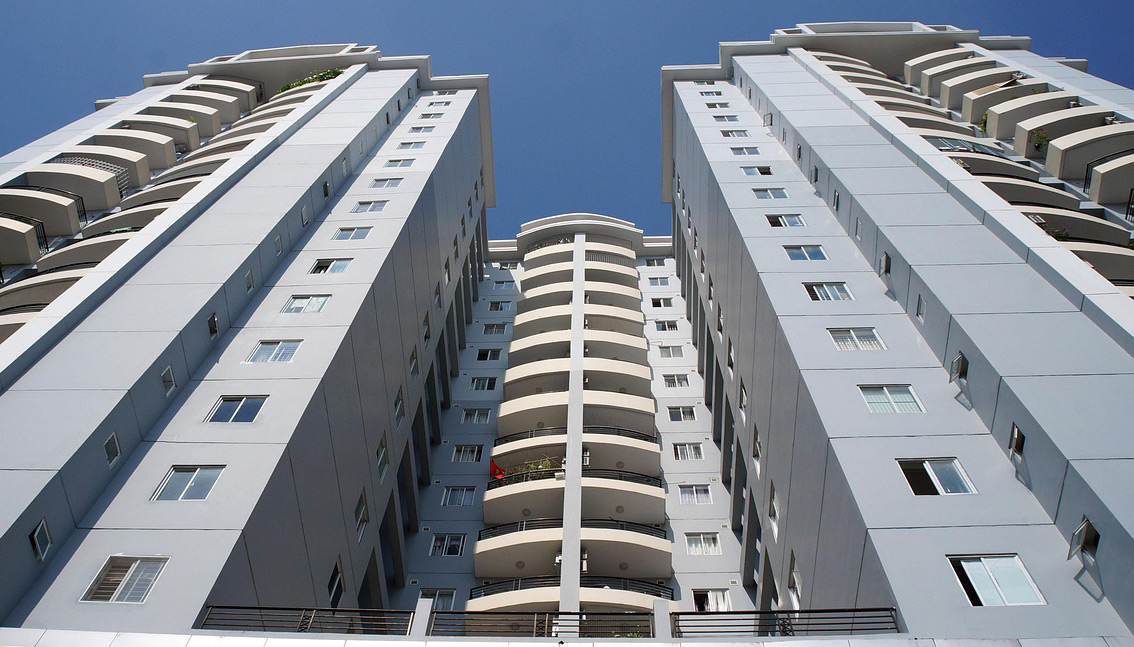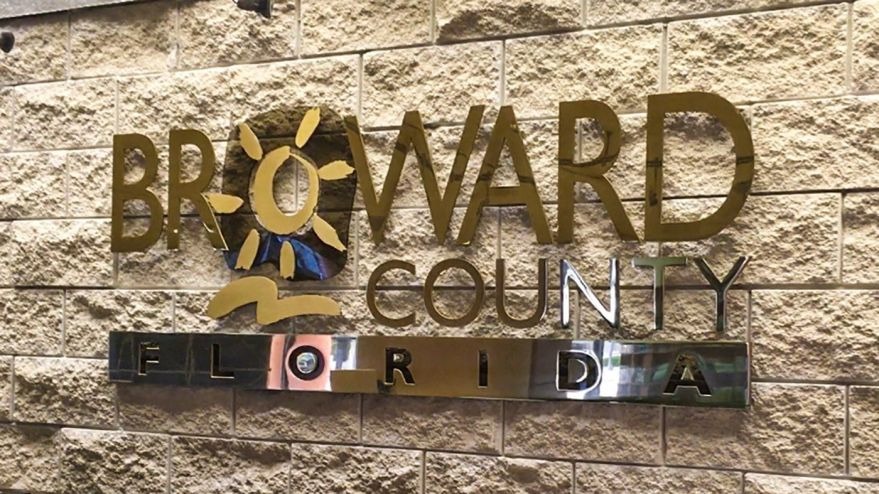
High-Stakes Real Estate Calls for High-Precision Assessments
In the spring of 2025, two of South Florida’s most exclusive residential estates changed hands: a million oceanfront property in North Palm Beach and a million dual-frontage estate on Jupiter Island. Both were extraordinary in their architecture, location, and market appeal. But before the sales took place, the buyers of these properties commissioned Building Mavens to perform a thorough Property Condition Assessment (PCA). With good reason.
Massive value and high-impact assets
The estate in Lost Tree Village, North Palm Beach, built in 2022, offered 10,514 square feet of luxury, including a sub-level garage, elevator, and pool cabana, all on a pristine 1.39-acre oceanfront lot. The property stood out not just for its refined design but also for its record-breaking price, dramatically increasing in value from just $3.2 million in early 2024 to $55 million in 2025 after reconstruction. With this, the estate became the highest-ever sale in Lost Tree Village.
Meanwhile, the Jupiter Island estate sold for $39 million, making it one of the top sales in the region. That distinction is even more striking considering the average home value in the area was just $4.9 million in April this year. This 6.24-acre property boasted both ocean and intracoastal frontage, a main residence, a guest house, and high-end mechanical systems built for long-term performance and luxury.
Why a PCA was Critical for High-Value Residential Due Diligence
For the buyers investing tens of millions in these coastal estates, a Property Condition Assessment was critical to uncover hidden issues, validate the property’s structural integrity, and negotiate with confidence. With so much at stake, they needed more than a standard inspection. They needed expert forensic engineering insights to protect their investment and plan wisely for the future. That’s where Building Mavens came in.
Unlike traditional home inspections, a PCA for luxury properties involves licensed engineers, not general inspectors. While home inspectors can provide a first glance, they frequently recommend a follow-up with a licensed engineer when structural, mechanical, or moisture intrusion issues are suspected. With thorough assessments following ASTM E2018 standards, Building Mavens eliminated the guesswork that could compromise smart buying decisions.
Outcome of the Engineering Assessments
At the North Palm Beach property, our engineering team uncovered critical deficiencies like moisture migration behind walls, thermal anomalies, corroded electrical systems, and HVAC failures. At the Jupiter Island property, the PCA revealed shoreline erosion, roof truss cracking, and compromised insulation, all of which could have led to future degradation.
Through our process of identifying and classifying issues by severity and urgency, Building Mavens gave the buyers clarity and control. The PCA report also helped the buyers factor the cost of needed repairs into price negotiations and make confident long-term decisions while saving money along the way.
Why Choose Building Mavens for Your High-Value Asset Inspection?
Building Mavens specializes in engineering inspections for high-value assets for owners, buyers, developers, and HOAs who know that smart decisions begin with accurate data. Our assessments deliver immediate benefits like leverage in negotiations, risk reduction, and clarity in real estate due diligence while also supporting long-term goals such as capital planning, asset protection, and sustained property value.
We help you make informed investment decisions, so you never need to worry about hidden defects, unexpected costs, or missed opportunities.
Ready to get started? Don’t wait until small issues become big problems. Proactively managing the turnover process and understanding your building’s condition can save you from costly surprises down the road. Contact Building Mavens today to schedule a consultation or to book your Property Turnover/Condition Assessment. Our experts will discuss your specific needs, provide a transparent quote, and arrange a convenient time for the inspection. We’ll also answer any questions you have about the process, licensing, or what to expect. Let us put our experience to work for you, ensuring a seamless transition and a strong foundation for your property’s future.
FAQs: Property Turnovers & Condition Assessments
Developer Turnover is the transfer of control of residential associations from developers to homeowners. In Florida, this process is regulated for Condominiums by statute 718.301 – transfer of association control; claims of defect by association. The statute requires developers to turn over control of the board of directors to homeowners when a certain threshold of units within a condominium has been sold to non-developer homeowners. Moreover, developers are required to provide associations with specific documents and reports, including an engineering report. The engineering report is a critical document that identifies and attests to the required maintenance, useful life, and replacement costs of specific applicable common elements, based on an inspection by a Florida Registered Architect or Florida licensed Professional Engineer.
Unlike the Developer Turnover Report required by Florida Statute 718, the condominium owner’s Association (COA) may choose to perform their own evaluation of the property and produce a report identifying alleged construction defects for a claim pursuant to Florida Statute 558 (Chapter 558 Construction Defects). Like the Turnover Inspection Report, the report must be prepared by a Florida Registered Architect or Florida licensed Professional Engineer. Unlike the Turnover Inspection Report, the Property Turnover Report identifies the location of the alleged defects, explains the issue and potential impact, and provides a recommendation for either further investigation or repair.
A property turnover assessment evaluates a building’s condition before it changes ownership or management, identifying needed repairs or maintenance. This ensures the new owner or manager is fully informed about the property’s state and any issues or repairs required, potentially avoiding disputes and ensuring the property’s value is accurately represented.
A typical condition assessment involves a detailed inspection of the building’s structure, systems (like HVAC, fire, electrical, and plumbing), and exterior elements to document current conditions and recommend maintenance or repairs.
We provide a detailed report with findings that identify and attest to the required maintenance, useful life, and replacement costs of the applicable Condominium common elements. This includes photographs, descriptions of conditions, and recommendations for repairs or improvements.
We recommend conducting regular assessments every 3-5 years to ensure ongoing maintenance needs are identified and addressed, protecting the property’s value and safety. This is especially crucial before a turnover or major financial decision regarding the property.
Yes, by identifying maintenance needs early, you can avoid more costly repairs later and extend the lifespan of building components.
Use the assessment report to prioritize and plan maintenance or renovation projects, ensuring you address the most critical needs first to maintain building safety and value.
The time required varies based on the property’s size and complexity, but assessments typically take several days to a few weeks to complete.
A property turnover and condition assessment should be conducted by a licensed professional or firm with a strong background in building inspections and engineering assessments. This ensures they have the requisite expertise and experience tailored to your property type, such as commercial buildings or condominiums. Ideal candidates will hold relevant licenses for conducting building inspections in Florida, including from the Florida Board of Professional Engineers, and possess certifications from recognized industry organizations. This expertise should be complemented by extensive experience, particularly with properties in the local region, understanding of structural engineering, building systems, and safety standards, which are essential for a comprehensive evaluation.
The assessor’s professionalism and reliability are marked by his or her ability to provide detailed, understandable reports that include findings, photographs, and actionable recommendations, alongside a willingness to discuss these outcomes. The assessor’s utilization of the latest technologies, such as infrared thermography and drone inspections, indicates a commitment to thorough and efficient assessments. References and positive reviews from past clients with similar properties can also offer insights into the firm’s thoroughness and professionalism, helping you make an informed choice for your property turnover and condition assessment needs.
Moreover, ensuring that these professionals carry appropriate liability and professional indemnity insurance is key to protecting your interests.
Contact us through our website or call directly. We’ll discuss your needs and arrange a convenient time for the assessment.
About the Author

Scott’s background is extensive, covering both public and private projects. He’s highly skilled in structural engineering design, construction oversight, and forensic analysis. This includes investigating structural failures, construction defects, and code compliance – all critical to maintaining safety and adhering to building codes. Beyond his investigative work, Scott is also an accomplished design engineer, contributing to various architectural elements from building envelope systems to designs for a wide range of structures. From the initial concept to the final inspection, Scott is dedicated to providing innovative and compliant engineering solutions.
You can contact me directly for more information: info@buildingmavens.com






